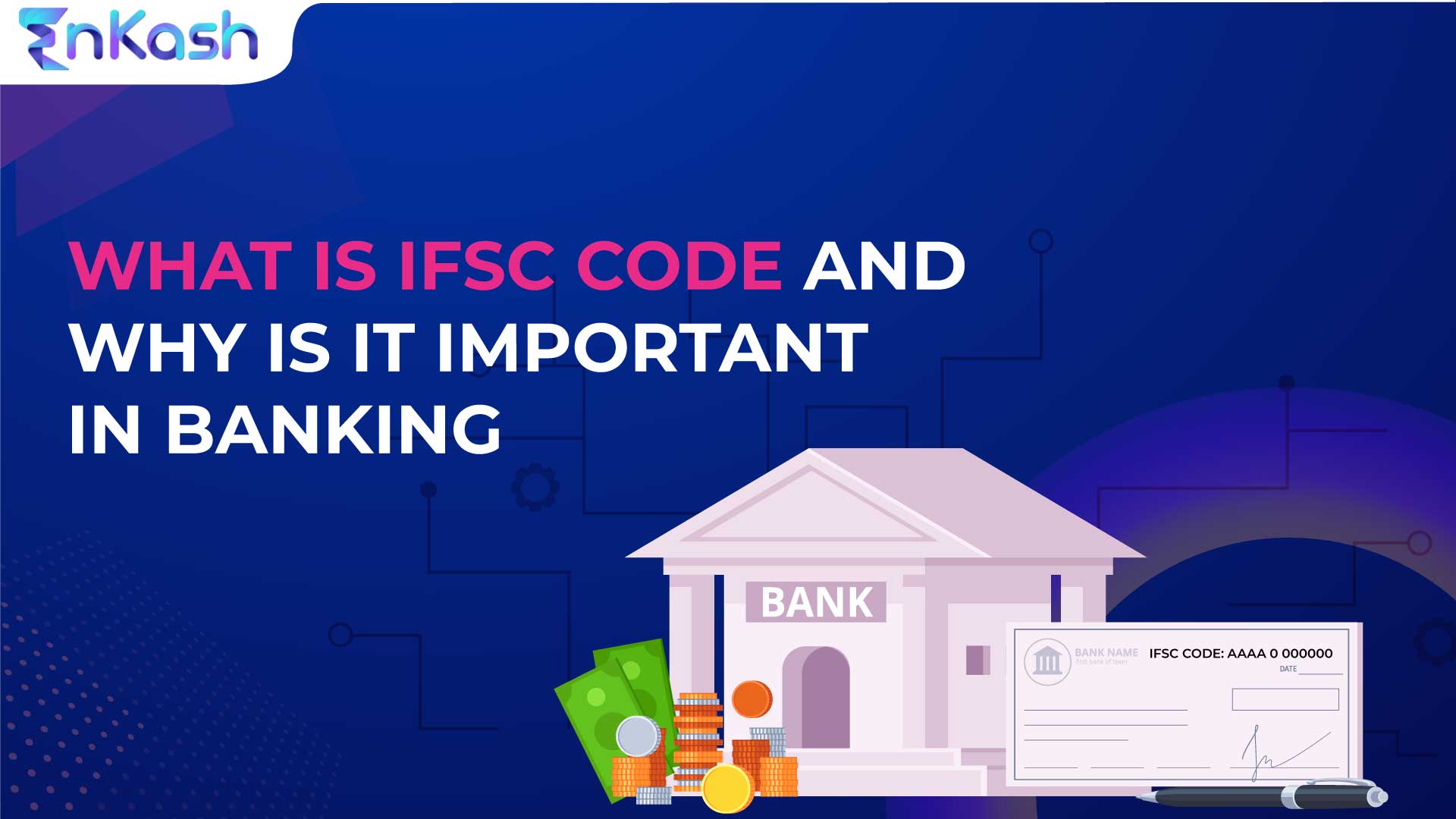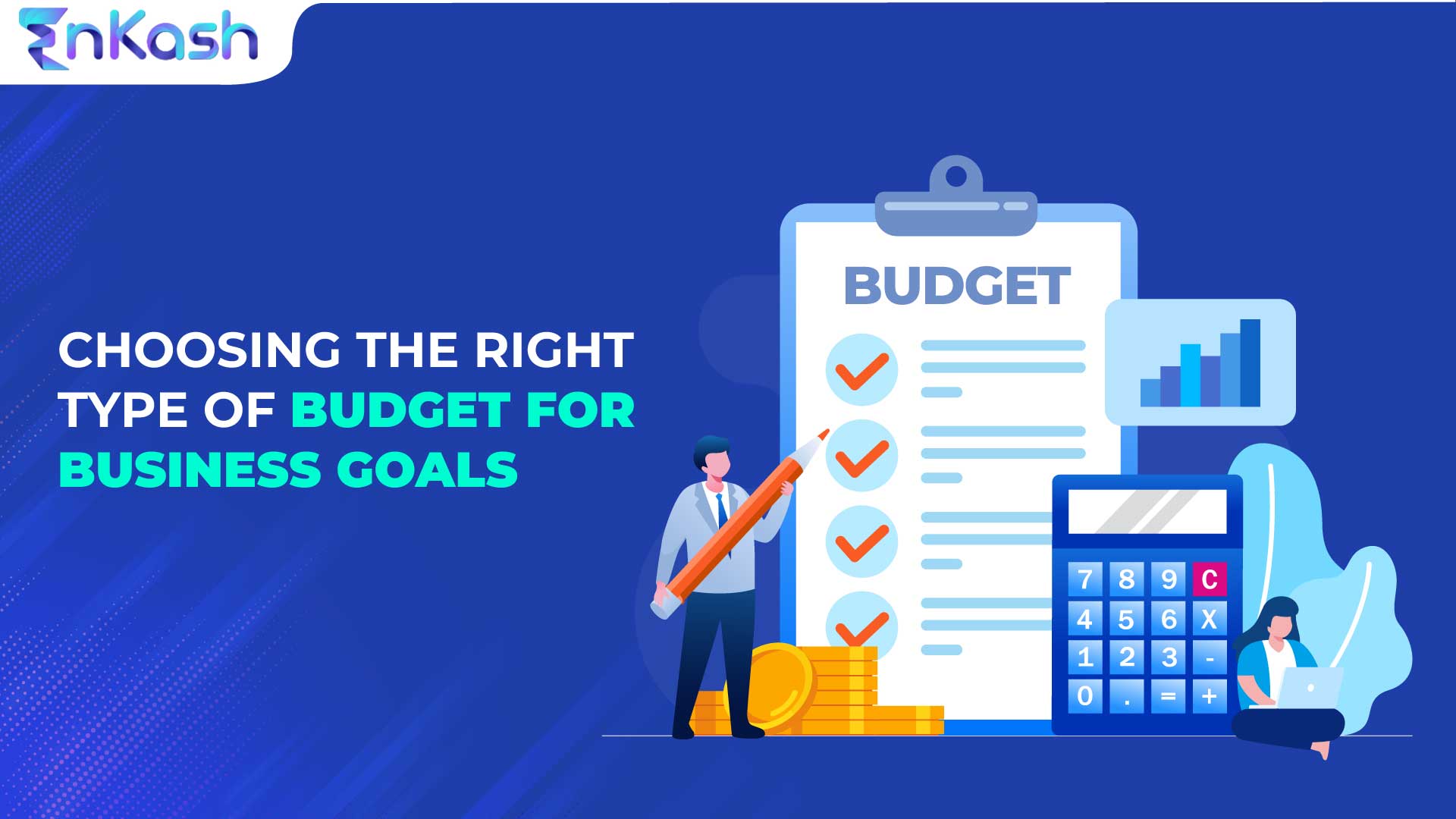Introduction
In digital banking, unique codes play an important role in ensuring fast, secure, and error-free transactions. One such important identifier is the IFSC Code, which is used to recognize individual bank branches across India.
The IFSC Full Form is Indian Financial System Code. It is an 11-character alphanumeric code assigned by the Reserve Bank of India (RBI) to every bank branch that participates in online fund transfers. Whether you are transferring money through NEFT, RTGS, or IMPS, entering the correct IFSC code ensures that the amount reaches the right branch and account without delays.
For anyone wondering “What is an IFSC Code in banking?”, it can be defined as the backbone of India’s electronic payment system. From salary credits to online shopping payments, IFSC helps banks identify the exact branch involved in the transaction, making the process seamless and reliable.
What is IFSC Full Form & Meaning?
Full form of IFSC: Indian Financial System Code.
It is a unique 11-character alphanumeric code assigned by the Reserve Bank of India (RBI) to every bank branch that is part of the country’s online payment system.
The main purpose of the IFSC code is to identify the bank and its branch clearly during electronic fund transfers such as NEFT (National Electronic Funds Transfer), RTGS (Real Time Gross Settlement), and IMPS (Immediate Payment Service). By entering the correct IFSC code, customers ensure that money is routed to the right branch and beneficiary account without delays or errors.
In simple terms, the IFSC code acts as a digital address for a bank branch. For example, in the IFSC SBIN0000456, “SBIN” denotes the bank (State Bank of India), “0” is reserved for future use, and the last six digits “000456” represent the branch code.
Structure of an IFSC Code (With Example)
The IFSC code structure is simple yet systematic. Every IFSC in India is an 11-character alphanumeric code that uniquely identifies a bank branch. Understanding its format helps customers avoid errors during online transactions.
Breakdown of IFSC Code Format
- First 4 Characters – Bank Code
- These letters represent the bank name. For example, “SBIN” stands for State Bank of India.
- 5th Character – Always 0
- This character is reserved for future use and is always zero (0).
- Last 6 Characters – Branch Code
These numbers (or a mix of numbers and letters) indicate the specific bank branch.
Example of IFSC Code
SBIN0001234
- SBIN → Bank code (State Bank of India)
- 0 → Reserved character
- 001234 → Branch code for the specific SBI branch
This structured format ensures that each bank branch across India’s banking network has a unique digital identity. When you use the correct IFSC code during NEFT, RTGS, or IMPS, funds are routed precisely to the intended bank branch.
In short, the IFSC code in India is not just an alphanumeric code—it’s the backbone of secure and error-free electronic fund transfers.
Role of IFSC in banking
As a business in today’s economy, you must facilitate quick payments and offer customers multiple options to pay you online. The first step in that is to have an online banking option, which will enable you to transact as required. If you are new to the world of online banking, then it is essential for you to learn about the options you have for money transfer.
If you want to transfer money from your bank account to another bank account, you have to choose the method that you will use. These include NEFT (National Electronic Funds Transfer), RTGS (Real-Time Gross Settlement), and IMPS (Immediate Payment Service). For UPI (Unified Payments Interface), IFSC is not required as payments are made via VPA (Virtual Payment Address)..
The next step in the banking transaction is to collect the banking information of the business you are making a payment to. This includes the bank name, bank account number, the name of the account holder, and the IFSC code.
Where to find the IFSC code?
In your business dealings, you may come across instances where one of the parties may not have the IFSC code. Here are some quick tips to help you find the IFSC code.
- The IFSC code is clearly given in the chequebook
- It can also be found in a bank passbook
- You can also look for the IFSC code in your online banking account
- Do an internet search of the IFSC code by using the bank name and branch
- Call the bank’s customer service and seek their help.
What is the Use of an IFSC Code?
The IFSC Code (Indian Financial System Code) is an essential element of India’s digital banking network. It plays a critical role in ensuring error-free electronic transactions by uniquely identifying both the bank and its branch. Without IFSC, online fund transfers like NEFT, RTGS, and IMPS would not be possible.
Key Uses of an IFSC Code
- Unique Identification of Bank Branch
Every branch has a distinct IFSC code, which acts as a digital address to ensure money reaches the correct location. - Mandatory for Online Fund Transfers
IFSC is required for initiating transactions via NEFT (National Electronic Funds Transfer), RTGS (Real-Time Gross Settlement), and IMPS (Immediate Payment Service). - Secure & Accurate Transactions
By entering the correct IFSC, customers minimize errors and ensure that their payments are processed securely. - Easy Access to Banking Documents
IFSC codes are printed on bank passbooks, cheque books, and online banking portals, making them easy to find for account holders. - Bank Account Verification
Many financial services and apps use IFSC along with the account number to verify branch details instantly.
In simple terms, the use of an IFSC code is to provide a reliable and unique identity for every bank branch in India, enabling smooth, fast, and secure digital transactions.
List of Top Banks in India with IFSC Codes
Bank Name |
Type |
Headquarters |
Example IFSC Code (Head Office) |
|---|---|---|---|
State Bank of India (SBI) |
Public Sector |
Mumbai, Maharashtra |
SBIN0000001 |
Punjab National Bank (PNB) |
Public Sector |
New Delhi |
PUNB0000001 |
Bank of Baroda (BoB) |
Public Sector |
Vadodara, Gujarat |
BARB0HEADOF |
Canara Bank |
Public Sector |
Bengaluru, Karnataka |
CNRB0000001 |
Union Bank of India |
Public Sector |
Mumbai, Maharashtra |
UBIN0530786 |
Indian Bank |
Public Sector |
Chennai, Tamil Nadu |
IDIB000M010 |
Bank of India (BoI) |
Public Sector |
Mumbai, Maharashtra |
BKID0000001 |
Central Bank of India |
Public Sector |
Mumbai, Maharashtra |
CBIN0280011 |
UCO Bank |
Public Sector |
Kolkata, West Bengal |
UCBA0000001 |
Bank of Maharashtra |
Public Sector |
Pune, Maharashtra |
MAHB0000001 |
Punjab & Sind Bank |
Public Sector |
New Delhi |
PSIB0000001 |
HDFC Bank |
Private Sector |
Mumbai, Maharashtra |
HDFC0000001 |
ICICI Bank |
Private Sector |
Mumbai, Maharashtra |
ICIC0000001 |
Axis Bank |
Private Sector |
Mumbai, Maharashtra |
UTIB0000001 |
Kotak Mahindra Bank |
Private Sector |
Mumbai, Maharashtra |
KKBK0000958 |
IndusInd Bank |
Private Sector |
Pune, Maharashtra |
INDB0000001 |
Yes Bank |
Private Sector |
Mumbai, Maharashtra |
YESB0000001 |
Federal Bank |
Private Sector |
Kochi, Kerala |
FDRL0000001 |
South Indian Bank |
Private Sector |
Thrissur, Kerala |
SIBL0000001 |
RBL Bank (Ratnakar Bank) |
Private Sector |
Mumbai, Maharashtra |
RATN0000001 |
Bandhan Bank |
Private Sector |
Kolkata, West Bengal |
BDBL0000001 |
IDFC FIRST Bank |
Private Sector |
Mumbai, Maharashtra |
IDFB0040101 |
IDBI Bank |
Private Sector |
Mumbai, Maharashtra |
IBKL0000001 |
Jammu & Kashmir Bank |
Private Sector |
Srinagar, J&K |
JAKA0HEADOF |
Karnataka Bank |
Private Sector |
Mangaluru, Karnataka |
KARB0000001 |
Karur Vysya Bank |
Private Sector |
Karur, Tamil Nadu |
KVBL0001100 |
DCB Bank |
Private Sector |
Mumbai, Maharashtra |
DCBL0000001 |
City Union Bank |
Private Sector |
Kumbakonam, Tamil Nadu |
CIUB0000001 |
Tamilnad Mercantile Bank |
Private Sector |
Thoothukudi, Tamil Nadu |
TMBL0000001 |
Nainital Bank |
Private Sector |
Nainital, Uttarakhand |
NTBL0NAI001 |
AU Small Finance Bank |
Small Finance Bank |
Jaipur, Rajasthan |
AUBL0002100 |
Equitas Small Finance Bank |
Small Finance Bank |
Chennai, Tamil Nadu |
ESFB0000001 |
Ujjivan Small Finance Bank |
Small Finance Bank |
Bengaluru, Karnataka |
UJVN0000001 |
Jana Small Finance Bank |
Small Finance Bank |
Bengaluru, Karnataka |
JSFB0000001 |
ESAF Small Finance Bank |
Small Finance Bank |
Thrissur, Kerala |
ESMF0000001 |
Suryoday Small Finance Bank |
Small Finance Bank |
Navi Mumbai |
SURY0000001 |
Fincare Small Finance Bank |
Small Finance Bank |
Bengaluru, Karnataka |
FINC0000001 |
Utkarsh Small Finance Bank |
Small Finance Bank |
Varanasi, UP |
UTKS0000001 |
North East Small Finance Bank |
Small Finance Bank |
Guwahati, Assam |
NESF0000001 |
Shivalik Small Finance Bank |
Small Finance Bank |
Noida, UP |
SSBK0000001 |
Andhra Pradesh Grameena Vikas Bank |
RRB |
Warangal, Telangana |
APGV0000001 |
Baroda UP Bank |
RRB |
Gorakhpur, Uttar Pradesh |
BARB0RUPGBX |
Kerala Gramin Bank |
RRB |
Malappuram, Kerala |
KLGB0040001 |
Karnataka Gramin Bank |
RRB |
Ballari, Karnataka |
PKGB0010001 |
Aryavart Bank |
RRB |
Lucknow, UP |
BKID0ARYANT |
HSBC India |
Foreign Bank |
Mumbai, Maharashtra |
HSBC0110002 |
Standard Chartered Bank |
Foreign Bank |
Mumbai, Maharashtra |
SCBL0036001 |
Deutsche Bank |
Foreign Bank |
Mumbai, Maharashtra |
DEUT0784PBC |
DBS Bank India |
Foreign Bank |
Mumbai, Maharashtra |
DBSS0IN0811 |
Common Errors with IFSC Codes and How to Avoid Them
While using IFSC codes for online transfers like NEFT, RTGS, or IMPS, many users make small mistakes that can delay or even fail the transaction. Here are the most common errors:
- Wrong Branch Code Entry
Many customers mistakenly type the wrong branch digits in the IFSC code. Since each branch has a unique code, even a single wrong character can send money to the wrong branch or fail the transfer. - Using Old IFSC Codes After Bank Mergers
After major bank mergers (e.g., Allahabad Bank with Indian Bank, Syndicate Bank with Canara Bank), older IFSC codes became invalid. If you continue using outdated codes, your transfer will not go through. Always check the latest details. - Not Verifying IFSC Before Payment
Customers often proceed with transactions without cross-checking the IFSC. This can lead to failed transactions. Always confirm using the official source. You can easily verify any bank code through the Search IFSC code RBI tool available on the RBI’s website or via your bank’s official portal. - Copy-Paste Mistakes
While copying IFSC codes from third-party websites, extra spaces or hidden characters sometimes cause errors. It’s safer to use the official RBI or bank site for accuracy.
Conclusion
The Indian Financial System Code (IFSC) plays a crucial role in ensuring safe, accurate, and efficient online banking transactions through NEFT, RTGS, and IMPS. Every bank branch in India has its own unique IFSC code, which acts like a digital identity for processing payments. Whether you are sending money within India or paying bills online, entering the correct IFSC code is essential to avoid delays or errors.
With recent bank mergers and digital banking adoption, keeping track of the latest IFSC codes has become more important than ever. To ensure hassle-free transfers, always verify the IFSC code using trusted sources like the RBI’s official IFSC code search tool, your bank’s website, or your cheque book.
In summary, knowing what is IFSC code is, its full form, and its usage not only improves your financial awareness but also guarantees smooth and secure banking.
FAQs
1. What is the IFSC Full Form in banking?
IFSC full form is Indian Financial System Code. It is an alphanumeric code assigned by the Reserve Bank of India (RBI) to uniquely identify every bank branch that participates in electronic fund transfers like NEFT, RTGS, and IMPS.
2. How can I find my bank’s IFSC code?
You can find your IFSC code on:
- Your bank passbook and cheque book
- The official RBI IFSC code search tool
- Your bank’s website or mobile app
- Reliable IFSC code finder portals online
3. What is the difference between IFSC and SWIFT code?
The IFSC Code is used for domestic transfers within India.
SWIFT Code is used for international money transfers between banks worldwide.
4. Is the IFSC code the same for all branches of a bank?
No. Each branch of a bank has a unique IFSC code. For example, SBI Mumbai and SBI Delhi will have different codes.
5. Can I find IFSC by account number?
No, you cannot directly find an IFSC code using only the account number. However, you can use the bank name + branch details to search for the IFSC.
6. What happens if I enter the wrong IFSC code in NEFT/RTGS?
If the account number is invalid, the transaction will fail, and the money will be refunded.
If the account number is valid but the IFSC is wrong, the payment may be credited to the wrong branch or returned.
7. Where can I search IFSC code online?
You can search IFSC codes on:
- RBI’s official website
- Your bank’s online portal
- Trusted IFSC code search websites
8. Is the IFSC code mandatory for NEFT and RTGS?
Yes. Without a valid IFSC code, NEFT and RTGS transactions cannot be processed, as the code identifies the destination bank branch.
9. How many digits are there in an IFSC code?
An IFSC code has 11 characters:
First 4 letters = Bank code
Fifth character = Always “0” (reserved)
Last 6 characters = Branch code
10. What is the IFSC code used for?
The IFSC code (Indian Financial System Code) is used to uniquely identify a bank branch in India. It ensures that online fund transfers through NEFT, RTGS, or IMPS are routed to the correct bank and branch without errors.
11. How can I find my IFSC code online?
You can find your IFSC code on your bank passbook, cheque book, or account statement. It is also available on your bank’s mobile app or internet banking portal. For official verification, use the RBI’s IFSC code search tool.
12. Is IFSC code required for UPI payments?
No. UPI transactions use a Virtual Payment Address (VPA) instead of an IFSC code. However, if you are transferring money via NEFT, RTGS, or IMPS, the IFSC code is mandatory.
13. Can IFSC codes change after bank mergers?
Yes. When banks merge (for example, Syndicate Bank merged with Canara Bank), old IFSC codes may be discontinued. Always check the latest IFSC code on your bank’s website or RBI’s database before making a transfer.
14. What is the difference between IFSC and SWIFT code?
- IFSC code is used for domestic fund transfers within India (NEFT, RTGS, IMPS).
- SWIFT code is used for international wire transfers between banks worldwide.
15. How many digits are there in an IFSC code?
An IFSC code has 11 characters:
- First 4 characters → Bank code (letters)
- 5th character → Always “0” (reserved)
- Last 6 characters → Branch code (alphanumeric)
16. What happens if I enter the wrong IFSC code?
- If the account number is invalid → The transaction fails, and money is refunded.
- If the account number is valid but the IFSC is wrong → The transfer may fail or get delayed. Always double-check before confirming.
17. What is IFSC code in simple words?
It is a unique 11-character code that works like a digital address for your bank branch, ensuring safe and accurate online money transfers.
18. Is IFSC the same for all branches of a bank?
No. Each branch has a unique IFSC code. For example, SBI Delhi and SBI Mumbai will have different codes.
19. Can I use old IFSC codes after bank merger?
No, old IFSC codes may become invalid. Always use the updated code provided by the merged bank.
20. How do IFSC and MICR differ?
IFSC is used for online transfers, while MICR (Magnetic Ink Character Recognition) is used for cheque clearing.
21. Can I transfer money without IFSC code?
No. For NEFT, RTGS, and IMPS transactions, IFSC is mandatory. Without it, the bank cannot identify the destination branch. The only exception is UPI, which doesn’t require IFSC.
22. Where can I check IFSC codes for free?
- RBI official IFSC code search tool.
- Your bank’s website or mobile app.
- Passbook or cheque book.
- Verified IFSC code finder portals online.










